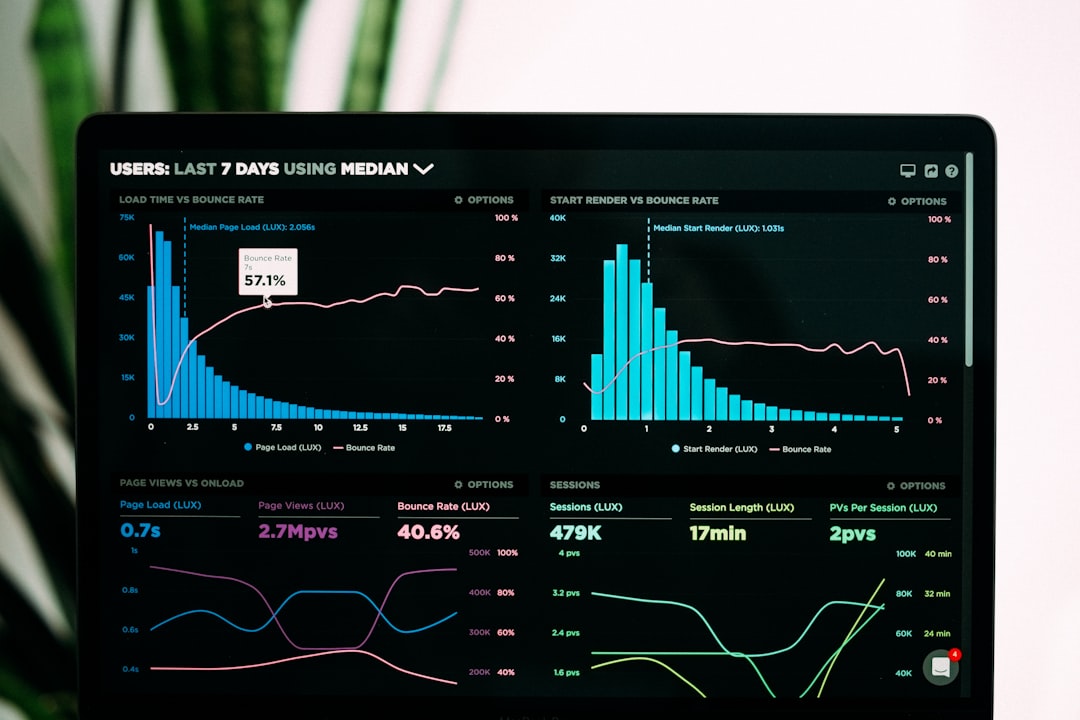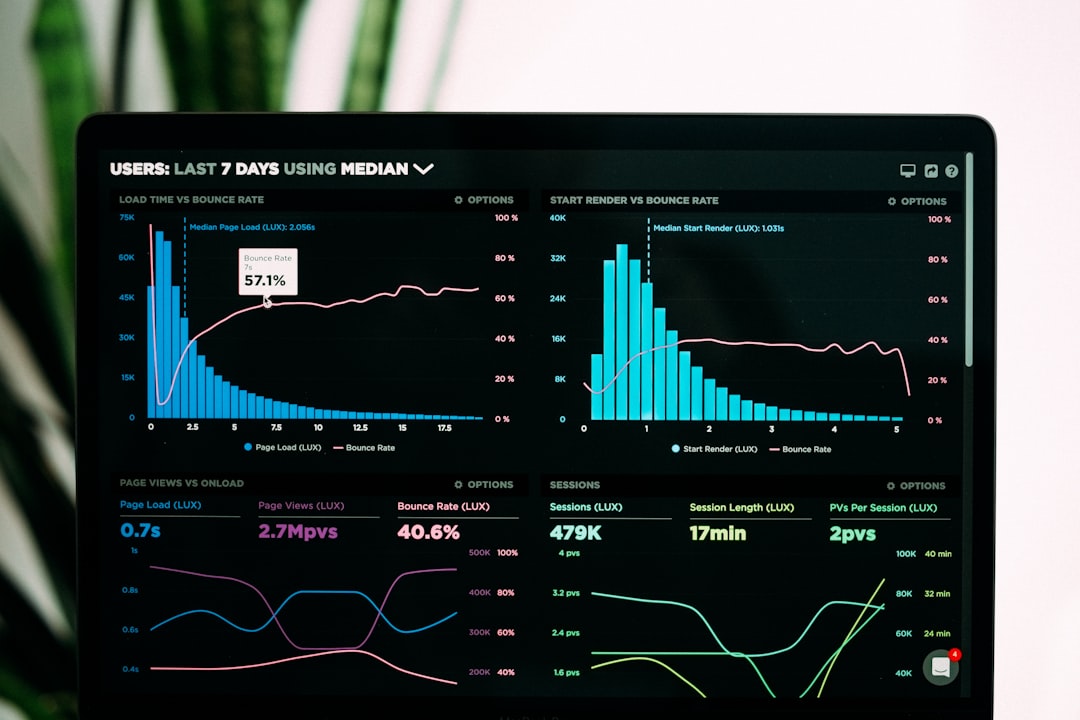The Role of Data Analysis in Consulting Services
Consulting services play a crucial role in helping businesses make informed decisions and achieve their goals. One of the key tools that consultants utilize is data analysis. By analyzing data, consultants can gain valuable insights that drive strategic decision-making and provide actionable recommendations.

Data analysis involves the process of inspecting, cleaning, transforming, and modeling data to discover meaningful patterns and draw conclusions. It allows consultants to identify trends, understand customer behavior, evaluate performance, and uncover opportunities for improvement.
The Benefits of Data Analysis in Consulting
1. Fact-based Decision Making
Data analysis provides consultants with the necessary evidence to support their recommendations. By analyzing data, consultants can identify the root causes of problems and develop solutions based on solid evidence rather than assumptions or personal opinions.
2. Improved Efficiency and Effectiveness
Through data analysis, consultants can identify inefficiencies and bottlenecks within an organization. By understanding where processes can be streamlined and optimized, consultants can help businesses improve their overall efficiency and effectiveness.

3. Competitive Advantage
Data analysis enables consultants to gain insights into market trends, customer preferences, and competitor strategies. By understanding the competitive landscape, consultants can help businesses differentiate themselves and develop strategies that give them a competitive advantage.
The Process of Data Analysis in Consulting
1. Data Collection and Preparation
The first step in data analysis is collecting relevant data from various sources. This may include internal databases, surveys, customer feedback, or external market research. Once the data is collected, it needs to be cleaned and prepared for analysis.
2. Data Exploration and Visualization
Data exploration involves examining the data to identify patterns, trends, and relationships. Visualization techniques such as charts, graphs, and dashboards are used to present the data in a clear and understandable way.

3. Data Analysis Techniques
Consultants use various data analysis techniques to uncover insights and make informed decisions. These techniques may include statistical analysis, regression analysis, predictive modeling, clustering, or data mining.
4. Interpretation and Recommendations
Once the data has been analyzed, consultants interpret the findings and draw conclusions. They then provide actionable recommendations to their clients based on the insights gained from the data analysis process.
Conclusion
Data analysis is an essential tool in the consulting industry. It allows consultants to make fact-based decisions, improve efficiency, gain a competitive advantage, and provide valuable recommendations to their clients. By harnessing the power of data, consultants can help businesses achieve their goals and stay ahead in today's data-driven world.
